At the United Nations General Assembly’s 80th session, an overwhelming majority of member states voted Friday to grant Palestine enhanced participation rights in the Assembly. The resolution passed with 145 votes in favour, five opposed (including the United States and Israel), and six abstentions. Pakistan was among those supporting the move.
The decision comes after Washington denied or revoked visas for Palestinian Authority President Mahmoud Abbas and nearly 80 senior Palestinian officials, preventing them from attending the UNGA in New York. In response, the Assembly’s resolution ensures that Palestine will be represented via its UN ambassador, and allows President Abbas—or other senior representatives—to deliver pre-recorded statements during the high-level general debate, other conferences, and UN meetings.
The United States defended its visa denials, stating that these measures were in its “national security interests” and intended to hold the PLO and Palestinian Authority accountable for failing to comply with commitments and undermining peace efforts. Palestinian officials condemned the move as a violation of international law, specifically pointing to the Headquarters Agreement between the United Nations and the United States, which they say prohibits preventing delegation access.
In parallel, Saudi Arabia and France have agreed to co-chair meetings starting Monday on the Israeli-Palestinian two-state solution, reaffirming calls for renewed peace negotiations. Approximately ten countries—including France, Australia, Belgium, Britain, and Canada—are expected to formally recognise a Palestinian state in the coming days, following last week’s General Assembly text in favour of Palestinian statehood (excluding Hamas).
French President Emmanuel Macron has tied France’s recognition to reforms in the Palestinian Authority. He asserted that improving governance will help make Palestine a more credible partner for future administration of Gaza after the conflict. Observers say that these diplomatic moves are intended to increase pressure on Israel to halt settlement expansion in the occupied West Bank, return to peace negotiations, and address the humanitarian crisis in Gaza.

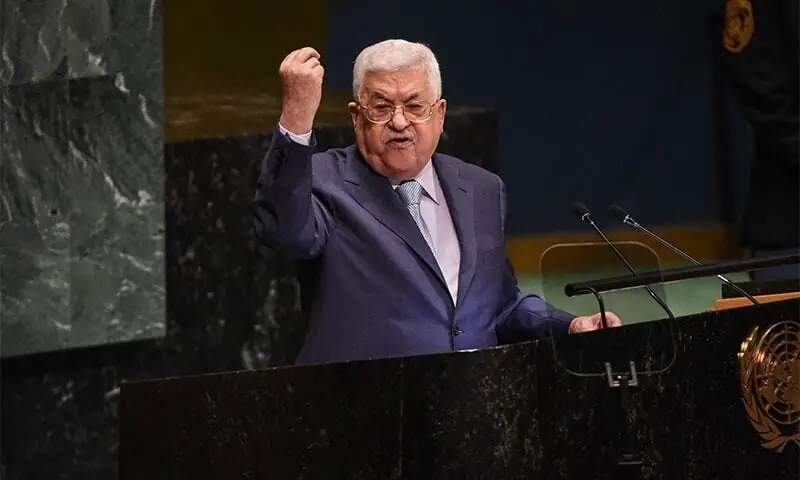
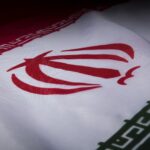
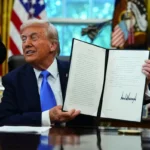



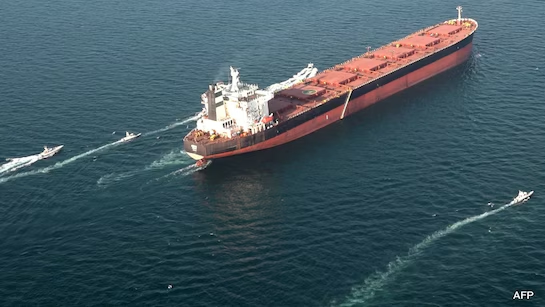
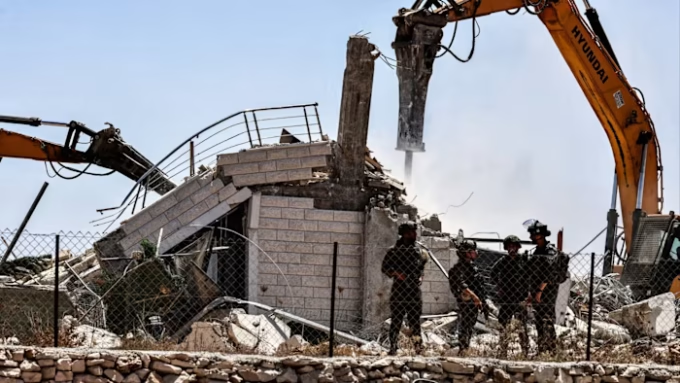




Leave a comment